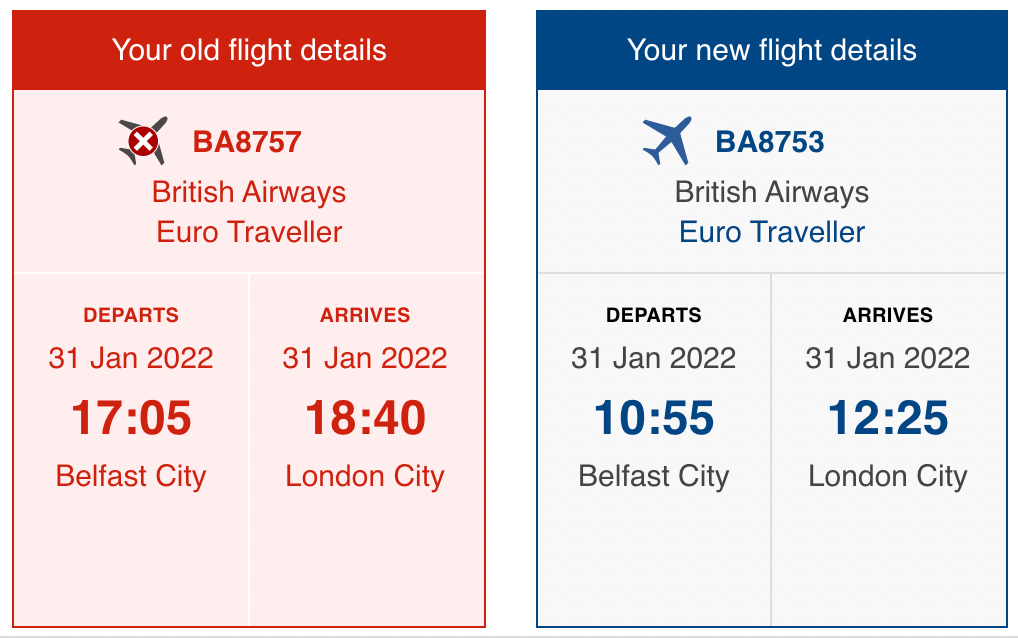Airlines’ cancel culture: why it happens
The Man Who Pays His Way: When the air fare turns out to be too good to be true

Simon Calder, also known as The Man Who Pays His Way, has been writing about travel for The Independent since 1994. In his weekly opinion column, he explores a key travel issue – and what it means for you.
“You get what you pay for”: a popular expression that, in many fields of commerce, is broadly reliable. Not, though, in aviation. If you define what “you get” as a seat on a plane from A to B, it is a fair bet that the passengers will have paid a wide variety of prices for something that is, ostensibly, exactly the same product. Even on an all-economy airline.
For a flight of an hour or two, early bookers, or those who take advantage of temporary fare cuts designed to stimulate demand, might pay £50 or less. At the other end of the spectrum, travellers who buy at the last moment are usually desperate to travel, prepared to pay a fortune and therefore beloved by the airlines.
One evening when the Caledonian Sleeper train was out of action, I paid £210 for an easyJet Glasgow-to-London flight. And even more than that – £262 – from Shetland to Edinburgh on Loganair on a Friday last August.
I have no problem with airlines exploiting demand in this way, especially at a time when carriers are losing so much cash because of Covid-related travel restrictions.
They are offering solutions to the traveller’s desperation. No one forced me to tap in my credit card number and hit “pay now”: easyJet and Loganair simply set their fares at what they thought the market would bear, and turned out to be right. In such circumstances what “you get” is transportation at a time when you absolutely need it.
I would have been much happier paying £50, but the whole tricky business of running an airline (who would want to do that?) requires a sufficient supply of passengers prepared to pay handsomely for the privilege.
Sometimes, though, an airline recognises that it has little hope of breaking even on a particular departure. The booking trend shows little sign of cheering up with steady sales at rising fares. At a certain point, the flight may be cancelled.
There is a lot of that about at the moment. Carriers that have lost billions during the pandemic are anxious not to increase their debts, and with so much uncertainty around they often decide that keeping a plane grounded is the wisest course of (in)action.
So it has proved with next Monday’s flight BA8757 from Belfast City airport to London City airport. A couple of weeks ahead, I was pleasantly surprised that I could book the 5.05pm departure for just £55.
Flying on British Airways to or from the capital’s Docklands airport is a treat. You travel on a comfortable Embraer regional jet with lots of legroom and four-abreast seating. You are guaranteed either a window or aisle seat. BA Cityflyer, the subsidiary that operates out of London City, still provides inflight catering even for those of us in economy.
All of which pushes up the value for the traveller and the cost for the airline. So I was not amazed to be told shortly after booking: “We’re sorry that your upcoming flight to London City on Monday 31 January 2022 has been cancelled. We’ll do everything we can to get you where you need to be.”

At this point, the airline has to find an alternative. “To help get your travel plans back on track, we’ve rebooked you onto the next available flight,” BA told me.
Oh, when’s that then?
The “next available flight” turned out to be six hours earlier than my original departure. Given that BA Cityflyer caters primarily for business travellers, it is surprising that the airline imagines a mid-morning departure is a suitable replacement for a trip at the end of the working day.
The actual “next available flight” is on a normal British Airways flight at 7pm to Heathrow, which is filling fast (presumably with all of us who were booked on the London City plane), on which I now have a middle seat and will get no more than a bottle of water and packet of crisps.
Ah well: I will be getting what I paid for after all.
Join our commenting forum
Join thought-provoking conversations, follow other Independent readers and see their replies
Comments
Bookmark popover
Removed from bookmarks